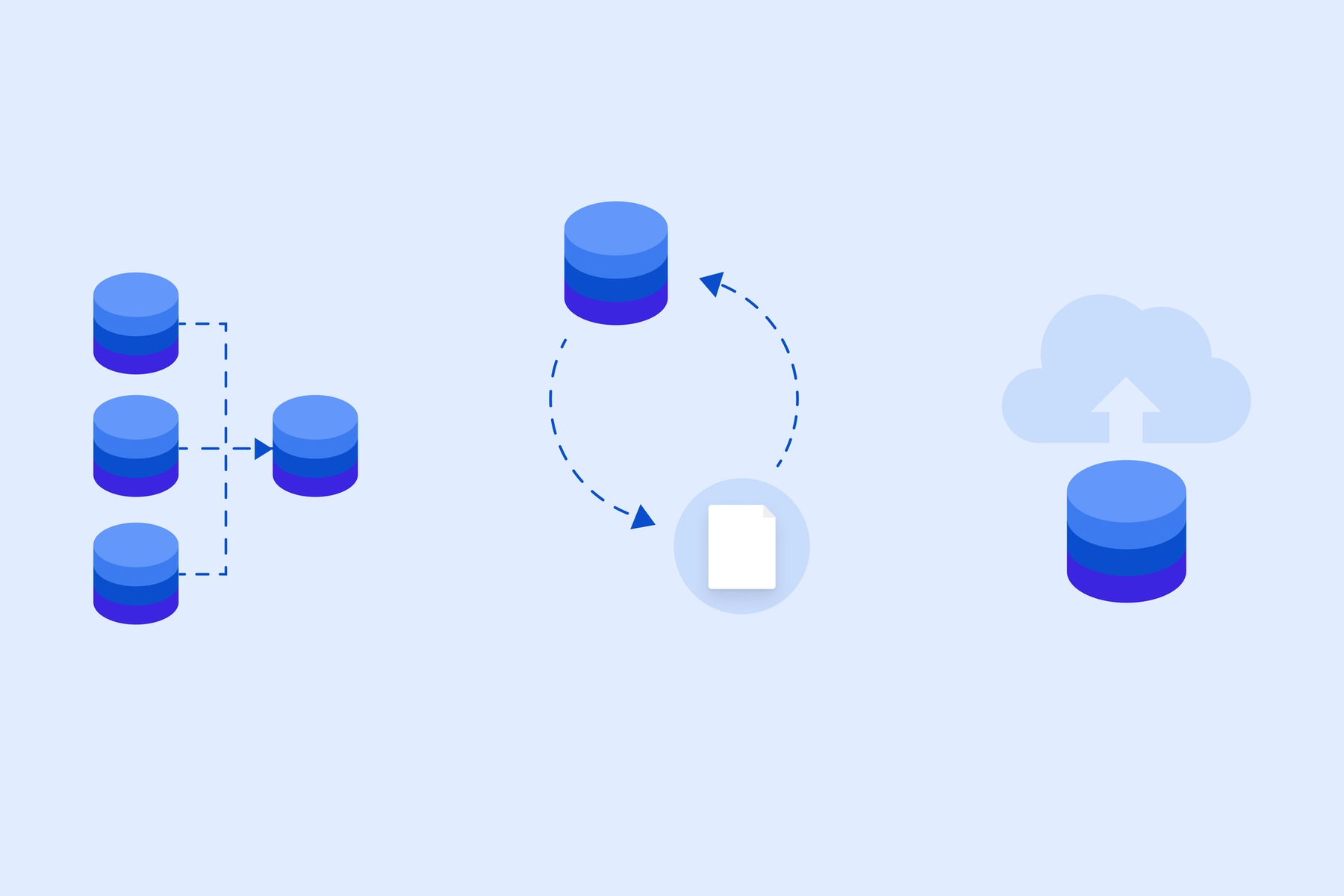Smarter Integration with Smart Connections
Adeptia makes it easy to connect with any data format and protocol.
Welcome to the Future of Data Integration
Adeptia Automate acts as a central hub for organizations to manage their data by streamlining data integration across various applications and systems. Build powerful data automations in an easy-to-use, no-code platform.
API
With Adeptia Automate, APIs act as intermediaries, allowing companies to expose specific data points and functionalities to authorized partners. Adeptia not only supports calling and consuming APIs, but also publishing automations as APIs. This eliminates reliance on manual processes like data entry or file transfers, reducing errors and inefficiencies.

EDI
Ditch the manual work associated with traditional Electronic Data Interchange (EDI) integration software. Adeptia offers a modern, next-generation EDI automation solution that leverages AI to improve data quality, minimize errors and provide real-time visibility and control across the EDI lifecycle. Update and modernize your legacy EDI with real-time connectivity, immediate responses to partners and combine EDI with APIs for a seamless experience.

ETL/ELT
In addition to traditional ETL (extract, transform, load), Adeptia provides the ability to perform transformations on the staged data before loading it into the destination, a process known as ELT (extract, load, transform). By separating loading from transformation, ELT can handle growing data volumes more efficiently. Eliminate the need for manual data mapping, transformation and validation rules when setting up ETL pipelines with Adeptia’s powerful AI.

iPaaS
Connect your applications for seamless data exchange between systems using a collaborative business application that enables both IT and less-technical users. Adeptia has pre-built connectors to hundreds of applications, enabling you to set up integrations in minutes.

Files
Adeptia uses advanced AI to turn structured and unstructured data from files into your preferred format, validate the data and then deliver it to your applications and systems. Integrate structured files as well as unstructured invoices, purchase orders, and other documents with your enterprise systems.

See Adeptia in Action
Schedule a personalized demo and discover how Adeptia can help you move faster, work smarter, and scale with confidence.
Resources
Related Resources

The Hidden Cost of Delayed Asset Onboarding in Retirement Benefit Services
Delayed retirement plan onboarding costs providers $40K+ monthly in deferred revenue. Learn how Intelligent Data Automation cuts transition times by 80%....

The Enterprise Automation Shift: AI Agents, First-Mile Data, and the Future of Integration
AI agents, first-mile data, and intelligent integration will reshape enterprise automation in 2026—driving AI-ready systems across insurance, finance, and SaaS....

From PDFs to Precision: Bringing Automation to the Evidence of Insurability Process
Intelligent automation transforms messy EOI PDFs into clean, validated data—cutting manual work, reducing errors, and speeding coverage decisions....